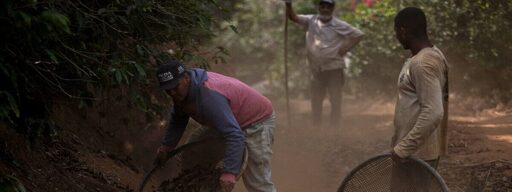A last-minute proposal to revise the European Union’s sweeping antideforestation law has conservationists worried about yet another delay to the law’s implementation and weaker oversight of supply chains. The EU deforestation-free products regulation, or EUDR, is scheduled to go into effect at the end of this year, imposing new restrictions on imports linked to forest loss. But some officials want to simplify a section of the law to make trade easier — a hazardous delay tactic, some critics say. “Further attempts to delay the application of the regulation or to undermine its well thought through architecture will damage the credibility of the EU and frustrate the efforts of companies and third countries that have invested in reaching compliance,” said Together4Forests, a campaign of more than 220 environmental groups. The EUDR requires producers — including those in European countries — to prove cattle, cocoa, coffee, oil palm, rubber, soy and wood weren’t sourced from land that was deforested after Dec. 31, 2020. Technically, the law took effect in 2023 but allowed countries an 18-month transition period to give producers time to meet the new trade regulations. Last year, the transition period was extended by another 12 months, citing producers’ lack of preparedness. It’s now due to go into force on Dec. 30 this year. Corn and soy fields in Brasilia, Brazil. (AP Photo/Eraldo Peres) The rigor of the regulations each country faces is based on a benchmarking system that categorizes them as either high, standard or low risk. This has been…This article was originally published on Mongabay
From Conservation news via this RSS feed


